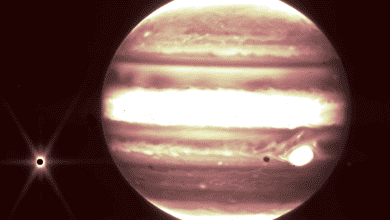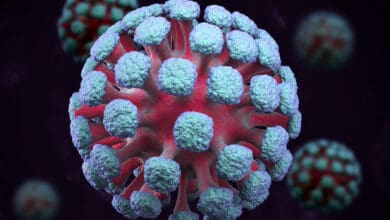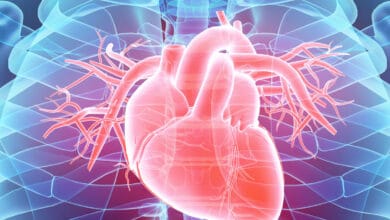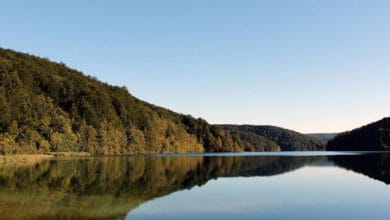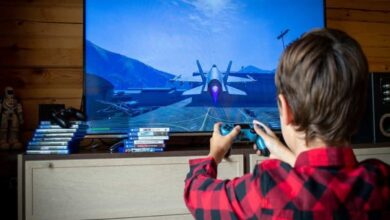science news
- News
NASA’s Webb telescope captures Jupiter’s faint rings, Great Red Spot
New Delhi: NASA’s James Webb Space Telescope has captured new stunning images of Jupiter that will give scientists even more clues to the planet’s inner life. With giant storms, powerful winds, auroras,…
- Science
COVID in infected children can last at least two months: Lancet study
London: Children infected with the SARS-CoV-2 virus can experience symptoms of long COVID lasting at least two months, according to a study published in The Lancet Child & Adolescent Health journal on…
- Science
How Netflix-style algorithm may help in personalising cancer treatments
London: Just as Netflix algorithm generates data to determine the shows one can choose to binge watch next, doctors will soon be able to predict how tumours can behave and thus offer…
- Science
COVID-19 caused collateral damage to global cardiac services: Study
London: Disruption to cardiac services during the COVID-19 pandemic has caused a “global collateral damage” that may have lasting ramifications, according to a study published on Tuesday. In the paper published in…
- Science
A vicious cycle of oxygen loss threatens water quality in lakes: Study
Washington: According to a new Virginia Tech Study, Sticky with sediment, the bottom waters of lakes are more than their deepest, darkest layer. They bury massive portions of the carbon, nitrogen, and…
- Science
Monkeypox primarily spread via sexual contact, but containable: WHO
New Delhi: The current outbreak of the monkeypox virus is primarily spreading through sex among men, the World Health Organization (WHO) has said, adding that the virus is “containable”. First reported on…
- Science
Video games can help boost children’s intelligence, says study
London: Children who spent an above average time playing video games increased their intelligence more than the average, claims a study. Children are spending more and more time in front of screens.…
- Science
World’s longest known COVID-19 infection lasted for 505 days in UK patient
London: An immunocompromised UK patient suffered the longest known days, 505, with Covid infections, claim researchers. Previously the longest known PCR confirmed case is thought to be 335 days. Researchers at the…
- Science
After 22 years, scientists have fully sequenced human genome
New York: A large international team led by the US National Institutes of Health has completed the DNA sequence of all protein-coding genes in the human genome, about two decades after starting…
- Science
Omicron subvariant BA.2 may cause severe disease, lab study suggests
Tokyo: The BA.2 subvariant of the Omicron coronavirus variant is not only faster at spreading, but may also cause more severe disease, a lab study suggests. The yet-to-be peer-reviewed findings, recently posted…

